Dr. Nic Cheeseman, Professor of Democracy at the University of Birmingham, has highlighted the need for African countries to evolve a system of government that effectively advances democratisation process for national development and welfare of the citizens.
Dr Cheeseman, who noted that there are arguments about how authoritarian regimes in countries like China and Rwanda seem to be working well, cautioned against replicating such system in African countries.
Join our WhatsApp ChannelCheeseman, who is also the Founding Director of the Centre for Elections, Democracy, Accountability, and Representation (CEDAR), stated this during Nextier’s Development Discourse hosted by Patrick O. Okigbo III, Founding partner of the firm on Wednesday, 16th October.
The Development Discourse is Nextier’s public policy discussion platform. The discussion, which was held via Zoom, centred on Cheeseman’s book, ‘How to Rig an Election,’ co-authored with Brian Klaas.
He maintained that while a few number of authoritarian regimes in Africa have performed well, a vast majority of them are not doing well, hence cannot be replicated across the continent.
“And people would often say to me, but look at Rwanda, which is doing well, won’t we be better off as Rwanda? And I remind them that we have one Rwanda and we have a lot of other authoritarian systems in Africa that never come close to Rwanda,” Cheeseman stated.
“Generally speaking, we need to remind ourselves that actually, most authoritarian systems are not like Rwanda, there are systems that failed in terms of deprivation of public service,” he insisted.
He further stated that attempting to replicate Rwanda’s autocratic model would likely require high level of repression and could ignite civil conflict.
He also observed that even though Rwanda has achieved some level of success in terms of development, the President, Paul Kigame, is responsible for a significant human rights abuses.
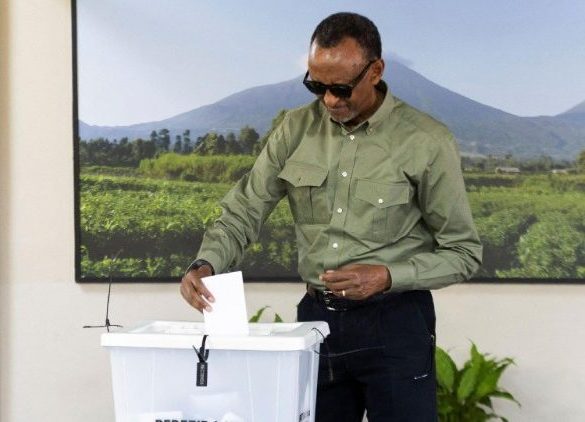
“I don’t think that the Rwandan model could be replicated in the vast majority of African countries,” Cheeseman stated, adding that a more feasible approach is to try and evolve a system that is more effective and robust.
He stated that authoritarian leaders tend to perpetuate themselves in office with the chances of them becoming corrupt and less responsive to citizens’ needs.
The scholar observed that political actors rig elections by engaging in manipulations to gain access to power and maintain their grip.
He cited examples of countries in Africa where leaders have stayed very long in power including Cameroon, Chad and Uganda, adding that people in those countries are already regretting their long period in power.
Titled “How to Rig Elections: Moving to Dev-ocracy”, the topic of the discussion x-rayed Africa’s democratic situation. Despite its shortcomings, Dr. Cheeseman maintained that Africans still valued democracy.
According to Afrobarometer data, a significant majority of Africans oppose military rule (66%) and one-person rule (80%), and 66% indicate they prefer democracy to any other form of administration.
READ ALSO: US Election: Trump Calls Judge ‘Evil’ Over Release Of Evidence In Key Election Case
Cheeseman said studies have shown that many democracies perform better than authoritarian governments in terms of public service delivery and economic growth. This is supported by data from the V-Dem Institute. They demonstrate that economic growth is more steady and predictable in democracies.
Autocracies, on the other hand, exhibit both significantly lower and significantly greater growth rates. As a result, economic crises are less common in democracies than in autocracies. In fact, democratisation has no detrimental effects on economic development in states with modest populations.
He noted that seasoned politicians avoid rigging elections on election day. Instead, they manipulate outcomes long before voting occurs.
In the book, Cheeseman and Klass argue that while overt dictatorships are on the decline, across the world, there appears to be what he described as “counterfeit democracies,” as politicians appear to hold democratic elections to maintain legitimacy but engage in manipulation of democratic processes for their selfish interest.
The book outlined common strategies, including gerrymandering, violence and intimidation, vote buying, stuffing ballot boxes, neutralising institutions, fake news and the digital frontier, and playing the international systems.
On his part, Okigbo noted that astute politicians have transitioned from crude vote buying to buying the judiciary and other election institutions.
The issue of citizen action and social movements was also discussed. Okigbo expressed worry that elite groups continue to control African nations despite repeated, rigged elections.
He cautioned that if there is no real accountability, people may turn to more extreme options, such as a return to military rule.
Cheeseman acknowledged these worries, especially in Nigeria, where structural issues have long existed.
Since external actors frequently lack the power or moral authority to properly support democratic progress in the continent, he emphasised that true change must be driven locally.
The importance of young people in determining Africa’s political future was also highlighted in the conversation. They argued that recent demonstrations in Kenya and Nigeria demonstrate how young people may use their annoyance to spur change.
They pointed out that social media in particular is a potent instrument for organising, exposing, and holding politicians responsible for electoral fraud.
He further highlighted the critical role of good education systems in advancing democracy in developing countries.
Cheeseman, who noted that low literacy rates and high inequality are some of the factors that pose difficulty in enhancing democracy, stressed the need for strengthening education systems and ensure democratic processes are accessible to all citizens
Victor Ezeja is a passionate journalist with seven years of experience writing on economy, politics and energy. He holds a Master's degree in Mass Communication.

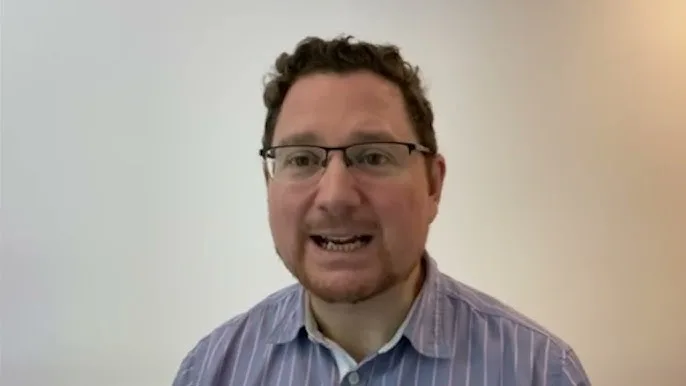



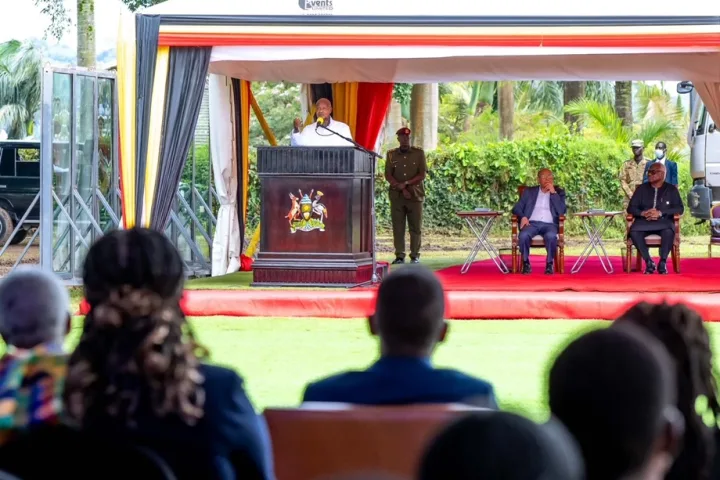
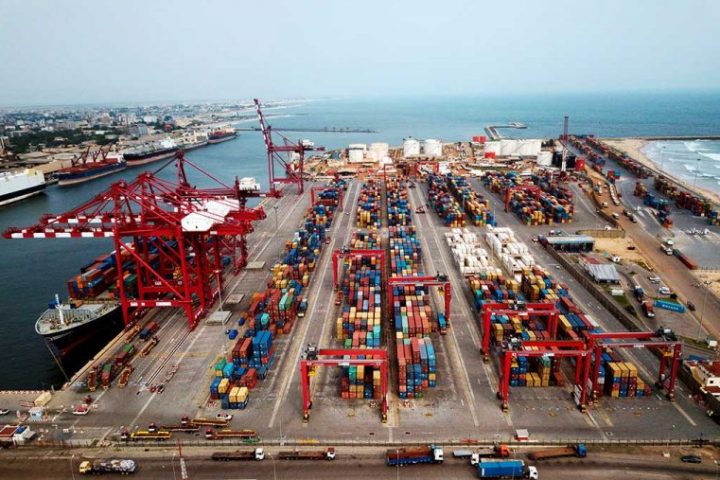









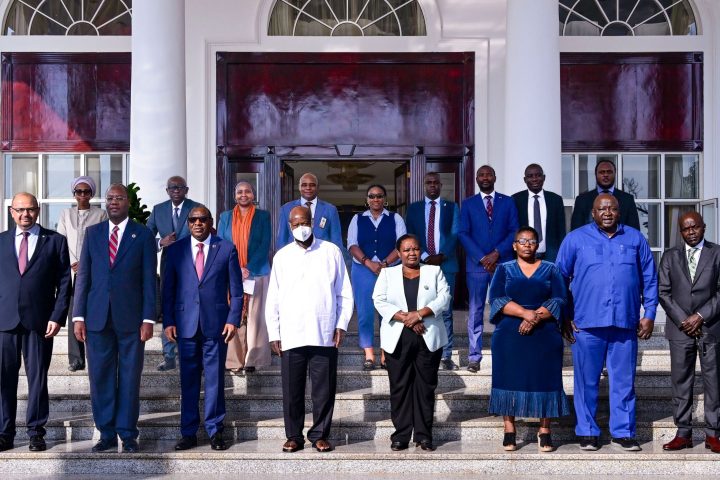

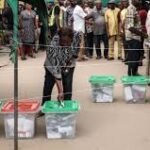
Follow Us